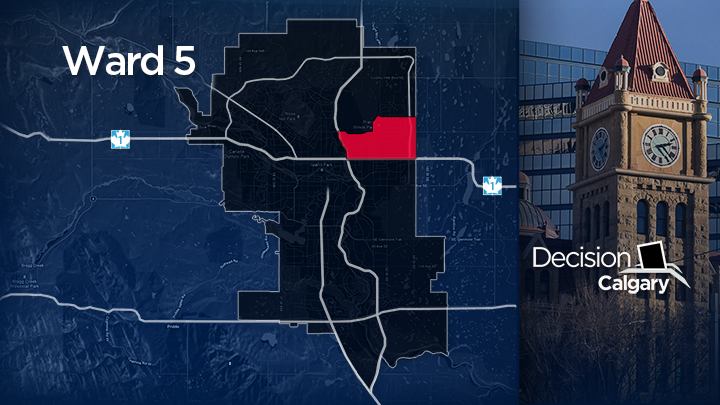Public polls are generally accurate when it comes to predicting the results of an election. When the pollsters are wrong, there is a pile on of criticism and the winners gloat. Obvious examples include the Alberta 2012 provincial election, the B.C. 2013 provincial election, or most famously the 1948 American Presidential election, when Alison Redford, Christy Clark, and Harry Truman all confounded the polls. However, the empirical evidence shows that pollsters are more right than they are wrong. A special issue of Public Opinion Quarterly (a U.S.-based academic journal), celebrating its 75th anniversary, examined a variety of topics including polling technique, polling aggregation, measuring polling success, planning campaign strategy, understanding voter behaviour, and the reasons for polling failure. The authors ultimately determined that “the polling industry has a strong track record.”

But the 2013 Calgary election has been relatively poll free. The Calgary Herald commissioned a poll on satisfaction towards city council, but that is not the same as a traditional election poll. Similarly, many candidates may have conducted internal polls, but these are not being made public by the media. This is for a number of reasons: there may be doubts about the company conducting the poll, the methodology of the poll, and the fact that only polls positive to the candidates would get released.
- Alberta to overhaul municipal rules to include sweeping new powers, municipal political parties
- Grocery code: How Ottawa has tried to get Loblaw, Walmart on board
- Military judges don’t have divided loyalties, Canada’s top court rules
- Canada, U.S., U.K. lay additional sanctions on Iran over attack on Israel
So where are the polls? After all, there were plenty of public polls in the 2010 election from such stellar firms as Return on Insight, Ipsos-Reid, and Leger. An obvious answer is that the mayor’s race, with a popular incumbent and no serious challenger, is a foregone conclusion. OK, but then why not poll the ward races where there are many very competitive contests. Well, commissioning a poll for ward races would be very expensive and difficult. Instead of one poll, there would have to be 14 polls. Janet Brown, a local pollster, has also explained that there are logistical challenges with identifying which ward voters live in. Voters don’t often know the name of their ward, and telephone numbers and postal codes do not correspondent neatly to ward boundaries. In addition, lower voter turnout makes it more difficult to identify likely voters. Accurate polls also need to be done in the last week of a campaign because many people do not decide on which councillor to vote for until quite late. Finally, internet polls, which have become more prominent at provincial and federal levels, are not feasible in a ward race because of the need to acquire enough people living in that ward.
What are the consequences of an election that is lacking forecasting polls? On the positive side, it gets rid of horserace journalism. The media can focus more on political issues than on constant speculation about who is up and down in the polls. Second, it removes the temptation for “strategic voting” and voters can simply select the candidate that they like best. Third, it eliminates the potential problem of polls guiding voters’ decision-making instead of reflecting on voters’ preferences.
However, the absence of polls also means that winning candidates, elected to represent the wishes of their constituents, will not necessarily know what issues led to their victory. Were voters most interested in reducing taxes? Were they rewarding councillors because of how they handled the flood? Was the election a mandate to stop urban sprawl? In addition, while polls are criticized for focusing on the horserace, we know that for many people the horserace creates more excitement and interest about an election. This can even increase voter turnout. Finally, polls can help clarify the options facing the voter.




Comments